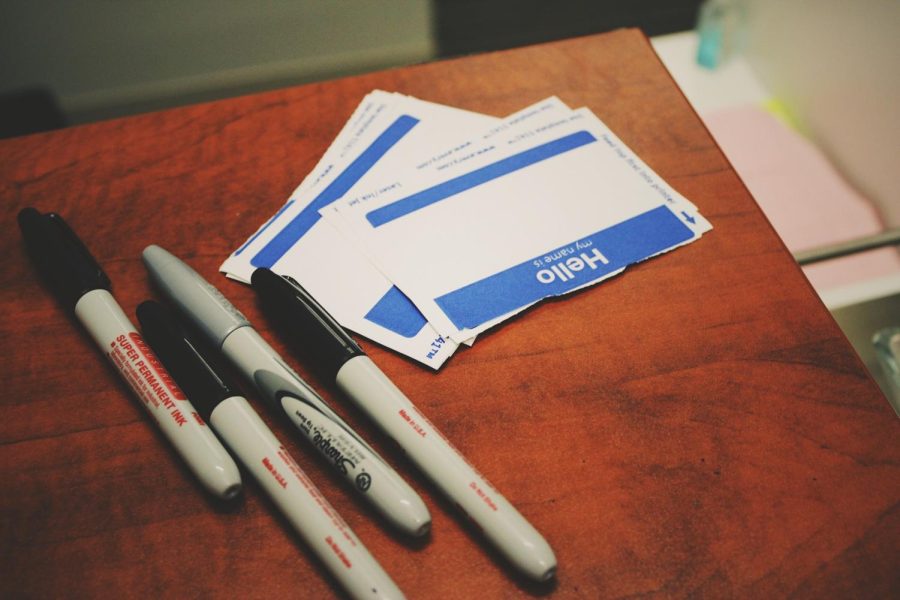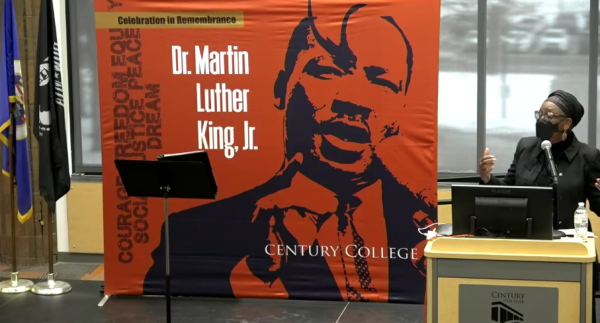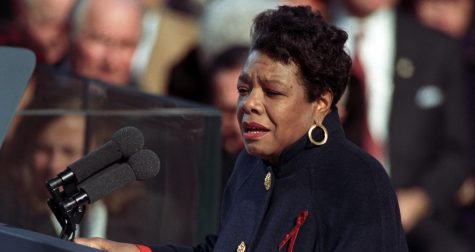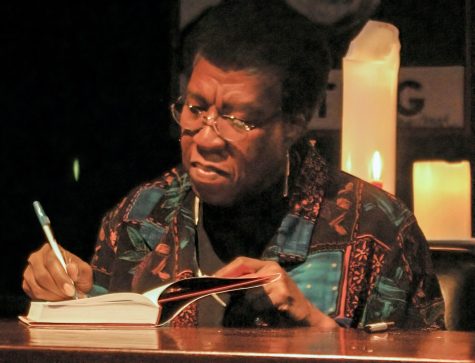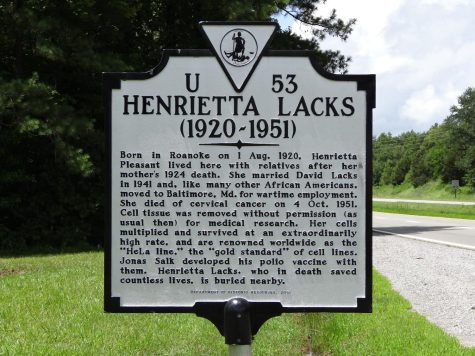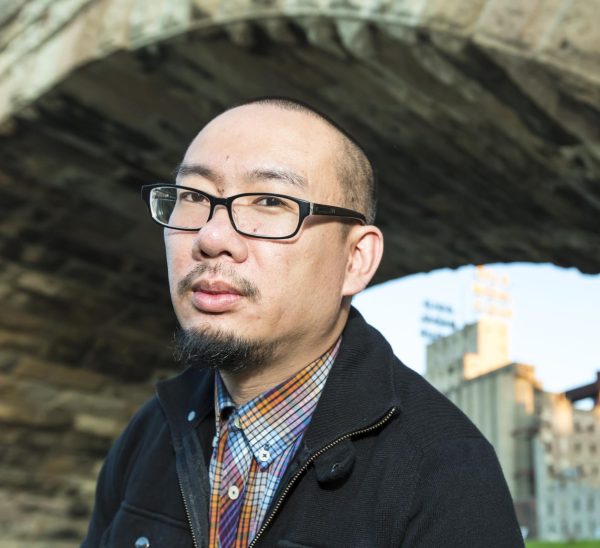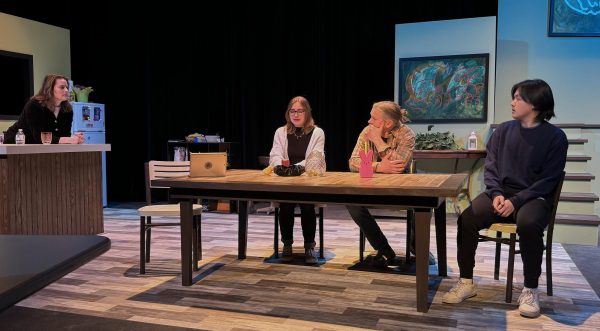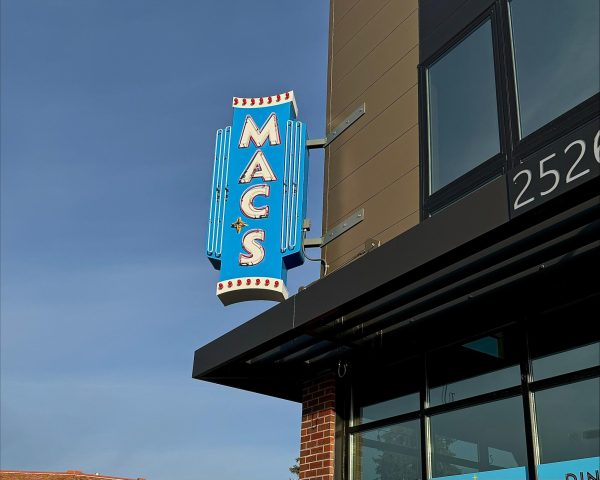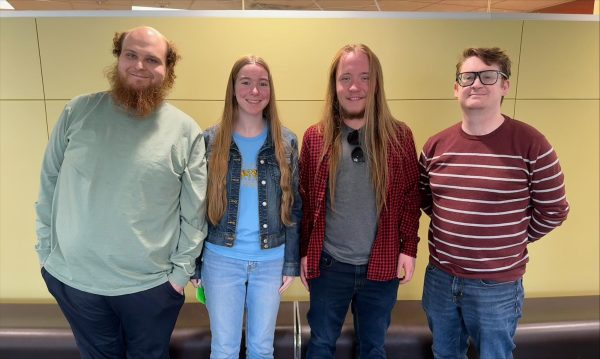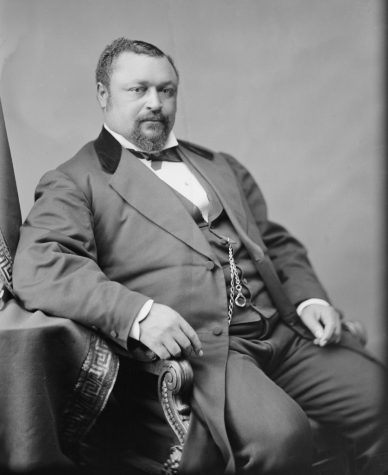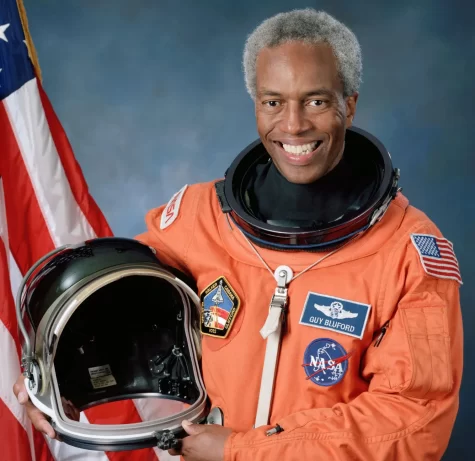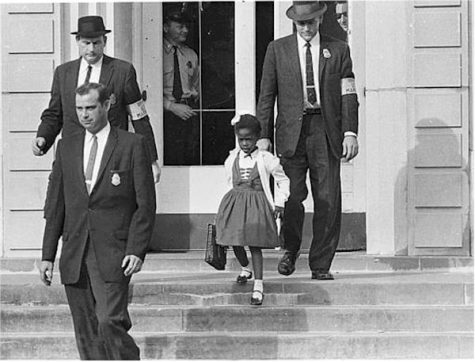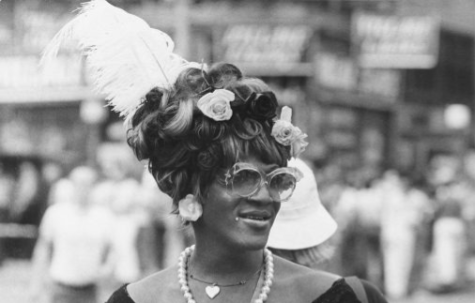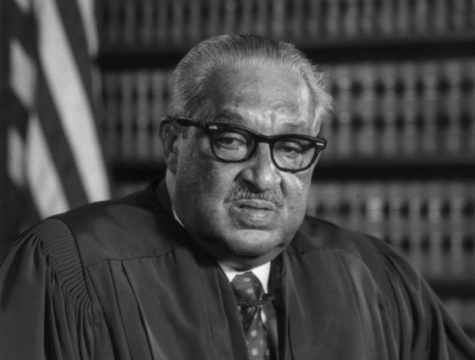My Last Name
It’s the first day of a new term. You walk into the class, nod to the instructor standing at the head of the room, and take a seat not too close to the front, but not too far back either. You don’t want to draw attention to yourself. As class begins you are made to introduce yourselves. You repeat the three not-so-interesting things about yourself in your head while the other students present. A person ahead of you states their name and you pause your mental rehearsal stunned. You share a last name.
Your surname is not particularly common. You know this because three months ago you folded at the behest of your little sister and bought one of those African Ancestry kits. After collecting spit with a Q-tip, you sent your DNA off to some far-off laboratory in California that you’re sure has entered your genetic material through some sorting database searching for the cure to aging in the ultra-rich. When you get your results, you’re shocked to discover you have 32% European ancestry. Suddenly, the texture of your hair and the line of your lips comes under scrutiny. A list of names catches your peripheral – you don’t recognize any of them – and a picture attached to one looks nothing like you. The hair, the skin, the features. They’re all wrong. Those can’t be your relatives. But you’re not going to let some kit tell you who you are, so you delete the email and forget you ever bought one.
You’re Black.
Now you’re sitting in class staring at another face. But the same things are all wrong. They don’t look like you. Sounds like you. But you share a name—a not so common name. Suddenly, the walls close in. The class is too small and the lights too bright.
You stand, say your name and rush through the three boring things. All the color and brightness you practiced in your head is snuffed out by the implications of that name.
Your classmates gape at you from their seats. They’re probably all thinking the same thing—imagining the plantation, wondering if your ancestors picked cotton or harvested sugar cane. You catch the sidelong glances. One student looks at you with something akin to sympathy, but that’s worse than the snickering.
The question rolls over your tongue, but if you asked you’d be labeled: hostile, angry, confrontational. You’ve done your best up until now to escape that box, so you lean back in your chair as if undisturbed. You work the tension from between your brows and force a relaxed smile, all the while trying not to notice a mole right above their left wrist bone that mirrors yours.
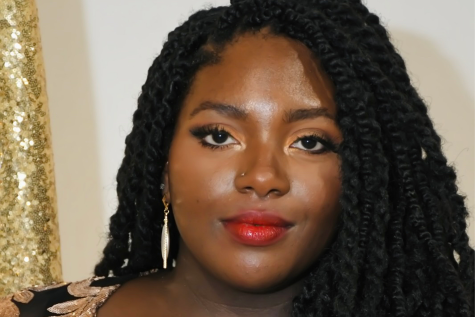
Kiarra is a Computer Science major pursuing the creative writing certificate. When not writing or reading, she can be found patching holes in her curtains...



